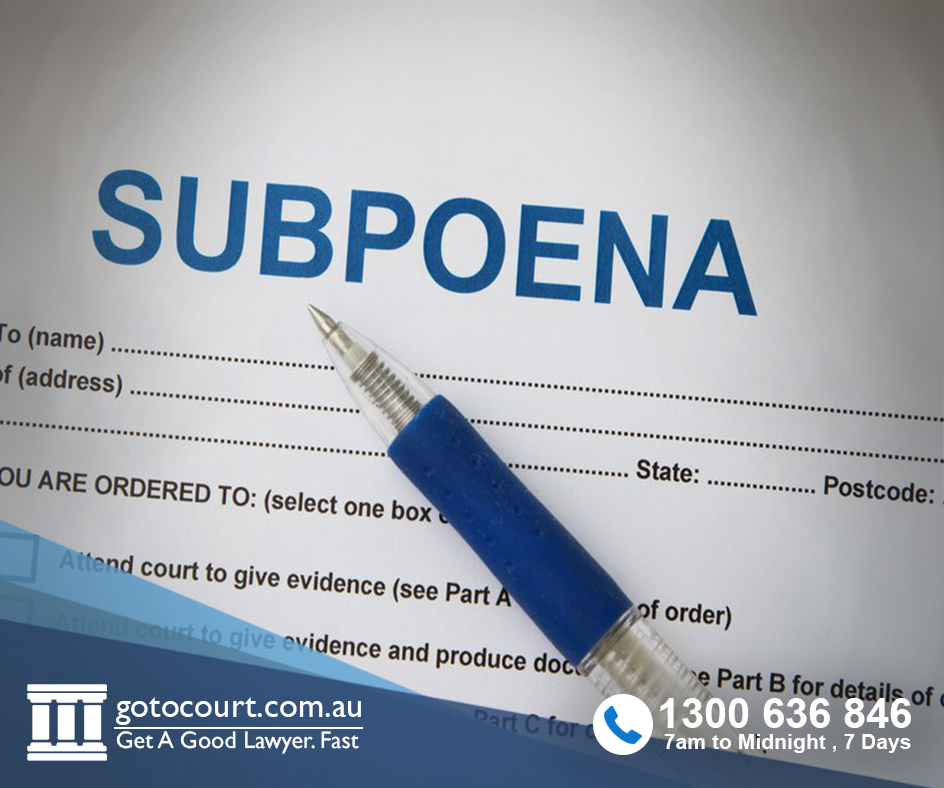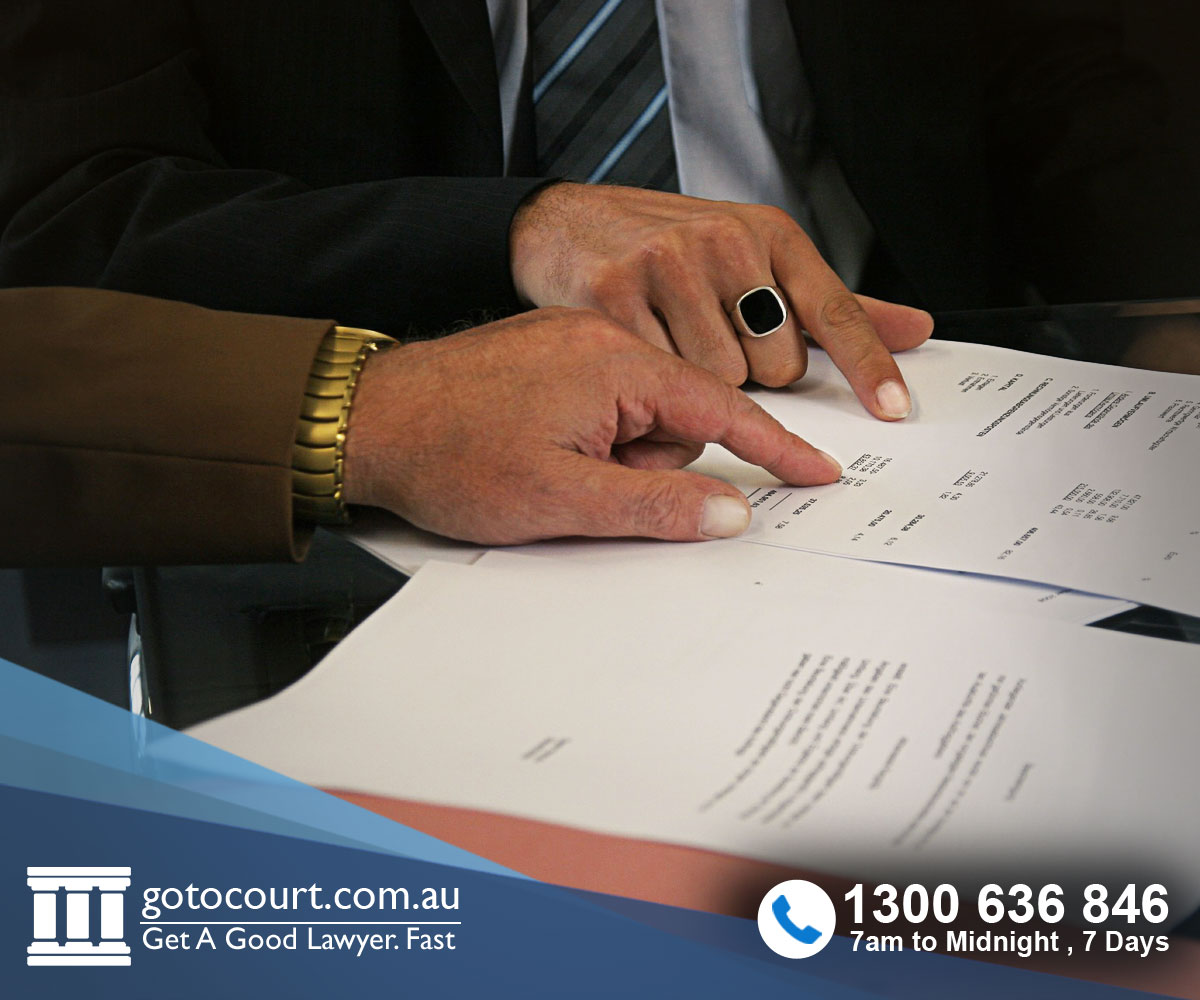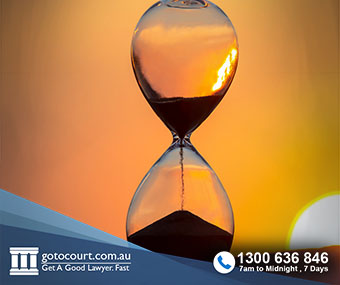Family Law Appeals
Family Law Appeals
Family law appeals are relatively uncommon. There are several reasons for this. Firstly, family law judgements are discretionary. This means that unlike in some areas of law, where there is a single correct decision that the court should arrive at if it properly considers the evidence and applies relevant legal principles, family law judges have quite a lot of leeway in terms of the decision they are allowed to make. This can make it hard to prove that a decision was made in error. Secondly, a lot of people who go through family law proceedings are self-represented and lack the technical knowledge to run an appeal. However, roughly half of the family law appeals that are proceeded with in Australia are successful. So when should you file a family law appeal?
Should I appeal?
Family law appeals are not a chance to have all the evidence and submissions made in a hearing considered again. They should be based on an error by the judge that is so serious that it amounted to a miscarriage of justice. It is not enough that you don’t like the decision or that another decision would have been better. If you think that the judge made a serious error, you should consider appealing.
Common grounds of appeal
The most commonly argued grounds in family law appeals are:
- The judge failed to properly consider the evidence;
- The judge made a decision that was plainly wrong;
- The judge failed to accord procedural fairness;
- There was a denial of natural justice;
- The judge gave inadequate reasons for the decision;
- The judge was biased.
How to commence an appeal
If you decide to appeal, you must file your Notice of Appeal within 28 days of the decision. There is a filing fee for a Notice of Appeal which currently stands at $1360. Within 14 days of filing a Notice of Appeal, you must serve the Notice of Appeal on all other parties.
You will need to get a transcript of the proceeding and you will have to pay for this yourself (the cost depends on the length of the proceeding). It’s important to note that filing an appeal does not suspend the orders. To do this, you will need to make a separate application for a stay on their operation.
What happens after filing a Notice of Appeal
Within 28 days of filing a Notice of Appeal, you must file a draft index to the appeal books. The draft index lists all the documents you think should be included in the appeal books. This is generally all the documents that were before the judge who made the original decision, such as affidavits, reports and subpoenaed material. If no draft index is filed, the appeal is taken to have been abandoned. After a draft index has been filed, the appeal is listed for a procedural hearing. On this day, orders will be made for the preparation of the appeal and deadlines will be set for the filing of any necessary documents.
Who hears family law appeals?
Appeals against family law decisions by a judge of the Federal Circuit and Family Court of Australia (FCFCA) are made to Division 1 of the FCFCA.
Is my appeal likely to succeed?
It’s a good idea to get a legal opinion as to the prospects of your appeal at as early a stage as possible to avoid wasting time and money on an argument that is unlikely to succeed. If you cannot get a legal opinion within 28 days of the decision, you should file a Notice of Appeal to reserve your right to pursue an appeal if you decide to do so. If you subsequently receive advice that the appeal has low prospects of success, you can abandon the appeal.
If you require legal advice or representation in a family law matter or any other legal matter please contact Go To Court Lawyers.

Affordable Lawyers
Our Go To Court Lawyers will assist you in all areas of law. We specialise in providing legal advice urgently – at the time when you need it most. If you need a lawyer right now, today, we can help you – no matter where you are in Australia.How It Works




1. You speak directly to a lawyer
When you call the Go To Court Legal Hotline, you will be connected directly to a lawyer, every time.

2. Get your legal situation assessed
We determine the best way forward in your legal matter, free of charge. If you want to go ahead and book a face-to-face appointment, we will connect you with a specialist in your local area.

3. We arrange everything as needed
If you want to go ahead and book a fact-to-face appointment, we will connect you with a specialist in your local area no matter where you are and even at very short notice.



















